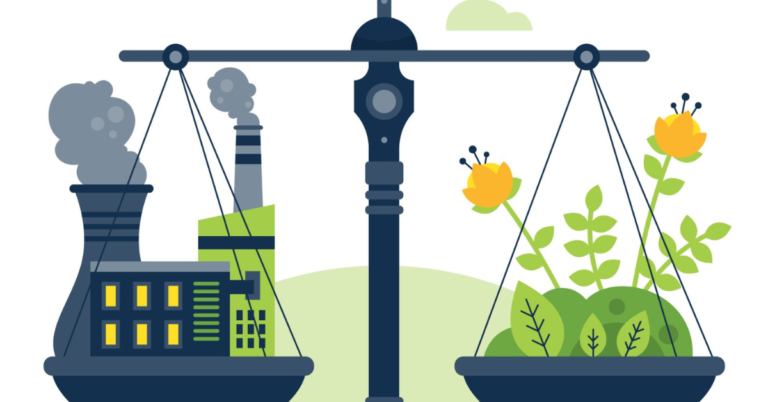
Supply Chain Decarbonization- Paving way for a Sustainable Future
Discover actionable strategies for supply chain decarbonization. Learn how to tackle emissions, navigate regulations, and leverage technology for a sustainable future.
Welcome to our blog page dedicated to sustainability in food value chains. Here, we explore the latest trends, innovations and practices related to creating a more sustainable and equitable food system. We focus on topics of traceability, sustainability and carbon management which are critical components in ensuring that our food is produced, transported and consumed in an environmentally responsible way.

Discover actionable strategies for supply chain decarbonization. Learn how to tackle emissions, navigate regulations, and leverage technology for a sustainable future.
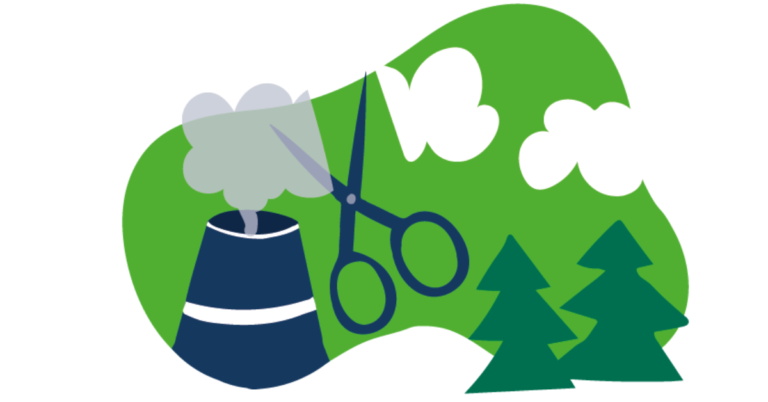
Explore effective Net Zero sustainability strategies for supply chains and discover how businesses can reduce emissions, implement renewable energy, adopt circular economy practices, and leverage technology to achieve a carbon-free future. Learn actionable steps for sustainability success in your supply chain.
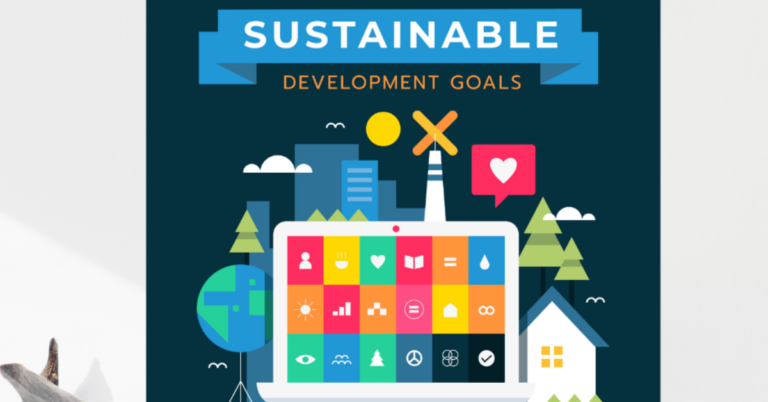
Explore how a 5-step approach to achieving Zero Hunger (SDG 2) is revolutionizing agriculture. Learn how TraceX technology solutions are helping optimize food production, improve traceability, and support smallholder farmers to ensure food security for all.

Explore corporate sustainability responsibilities and initiatives that drive positive environmental and social impact. Learn how businesses are taking action to build a sustainable future.
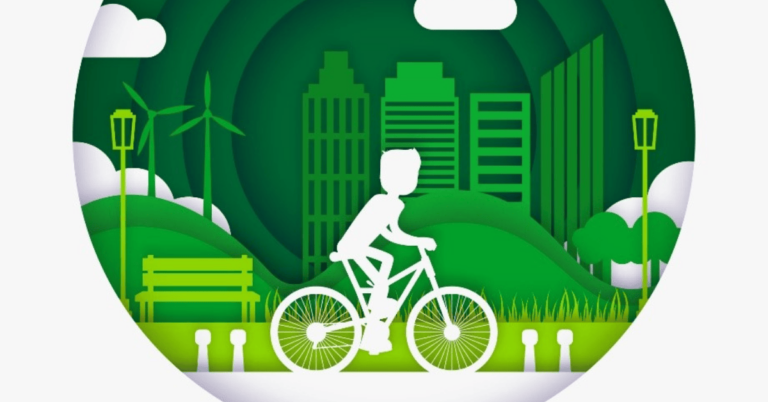
Discover the transformative potential of sustainable transportation in reducing emissions and building greener supply chains. Explore key strategies, metrics, and Tracex solutions that drive eco-friendly practices and align with net-zero goals.
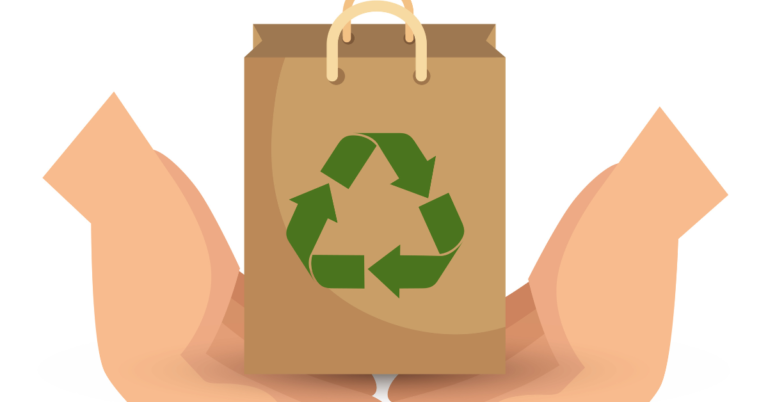
Discover how sustainable packaging is revolutionizing food supply chains, reducing environmental impact, and driving positive change. Explore innovative solutions and their far-reaching benefits for a greener future.
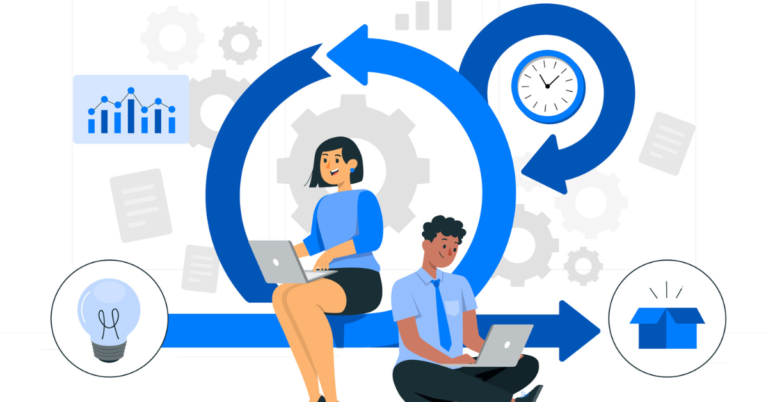
Unlock sustainability with ISO14044! Learn its LCAs & carbon footprint insights. Align practices with global goals for eco-friendly choices.

Discover the world of sustainability frameworks and standards in our latest blog. Learn how these guidelines provide a strategic approach to addressing environmental, social, and economic challenges. Explore how TraceX’s sustainability and carbon management solutions can help your business excel in this dynamic landscape.
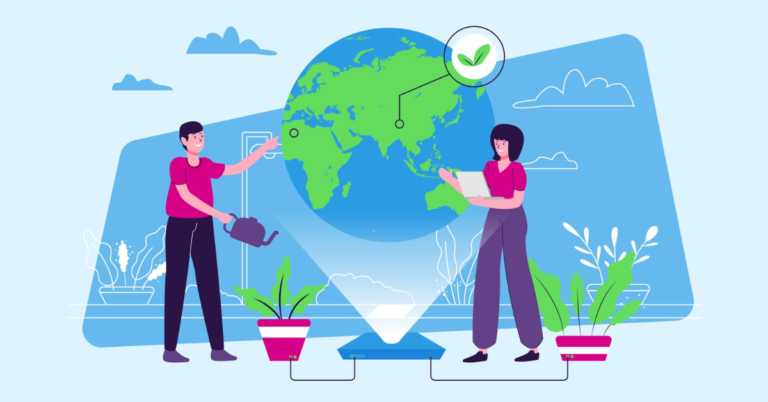
Discover the world of sustainability certifications in agriculture. Explore how these certifications drive positive change and learn how TraceX traceability solutions can help your business navigate the path to a more sustainable future.
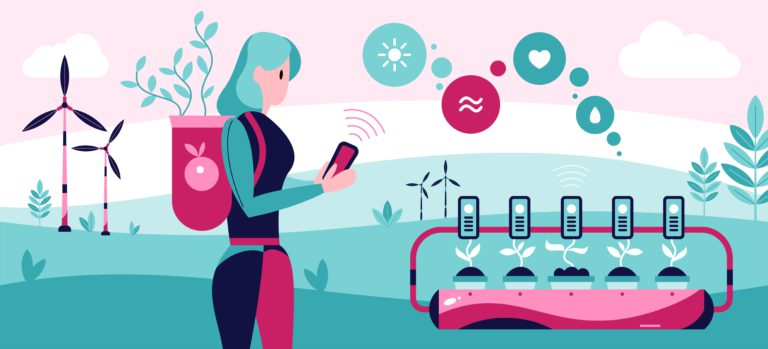
Discover how innovative technologies and sustainable practices are transforming agriculture to build climate resilience. Explore strategies to empower farmers, ensure food security, and create a sustainable future for generations to come.
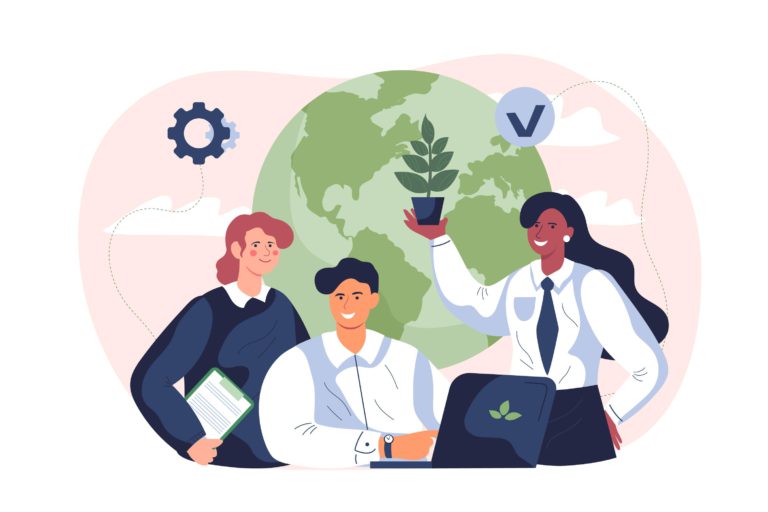
Explore how ESG in agriculture is driving sustainable food production by promoting environmental responsibility, social equity, and transparent governance for long-term sustainability.
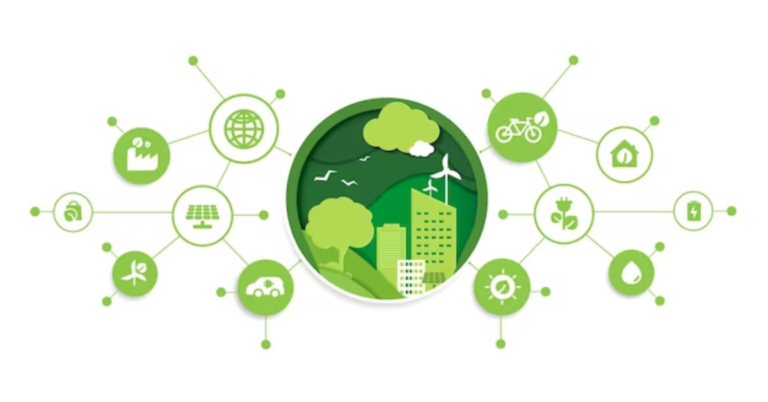
Discover how digital transformation can revolutionize your sustainability efforts. Explore how advanced technologies and digital tools can enhance your business’s efficiency, transparency, and compliance with environmental goals.
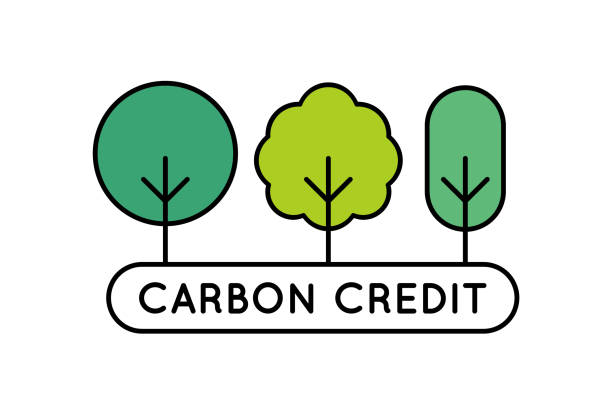
Learn about the importance of carbon baselining in agriculture and how it can help measure and reduce greenhouse gas emissions. Explore methods, tools, and best practices for accurately assessing carbon footprints in agricultural systems and promoting sustainable farming practices. Discover how carbon baselining can contribute to climate change mitigation and the creation of more resilient and environmentally friendly agricultural systems.
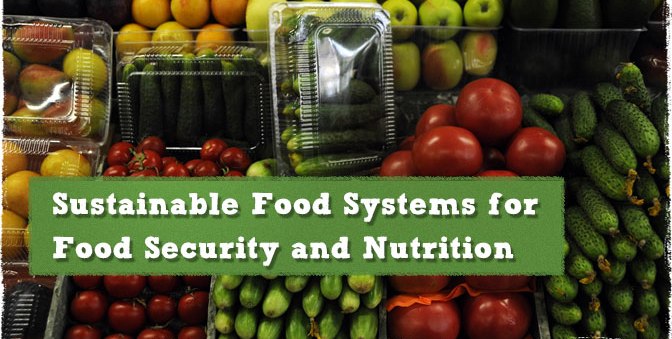
The climate change, increase in awareness among consumers about environmentally friendly products and the depleting natural resources is driving sustainability in food production and consumption. . Food and agriculture are the leading causes of deforestation, biodiversity loss, and up to one-third of all freshwater withdrawals and global greenhouse gas emissions. Amidst a sustainable revolution in the food and agriculture industry, let us look at the trends that may shape in 2023.
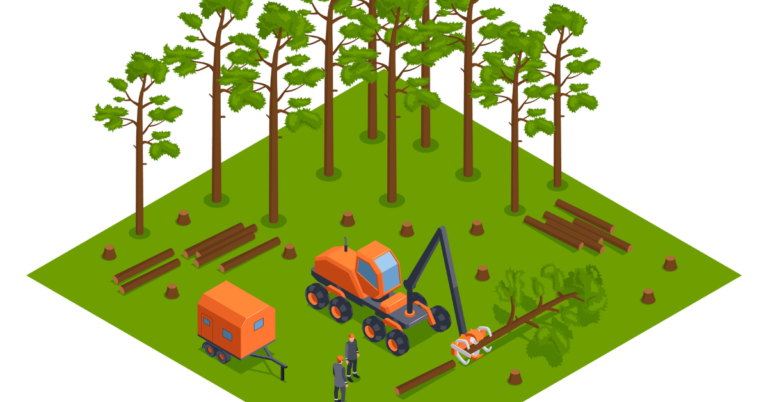
Explore the remarkable advantages of agroforestry as we delve into its four key benefits: enhanced biodiversity, improved soil health, diversified income streams, and increased agricultural productivity. Discover how this innovative approach transforms landscapes while promoting sustainability and prosperity.
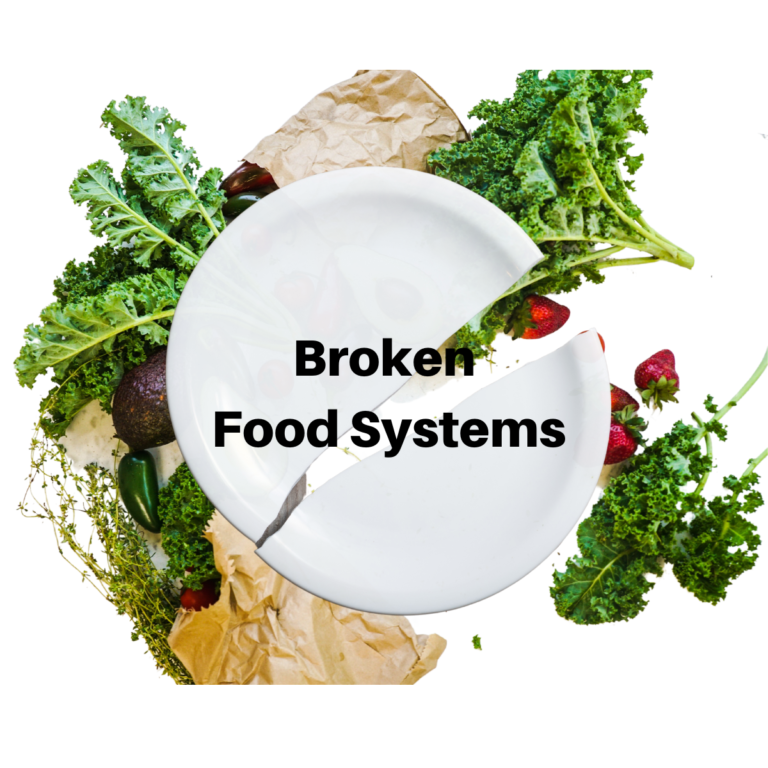
The emissions from the food sector today accounts for 29% of global emissions and if we continue to produce and consume the food the way we do, the emissions from agriculture and land use will consume 70 % of the emissions budget available in 2050 to limit the global warming to 1.5˚C. Food system transformation will require an increase in productivity while transitioning to regenerative productive practices, reducing food waste and shifting towards healthy diets.
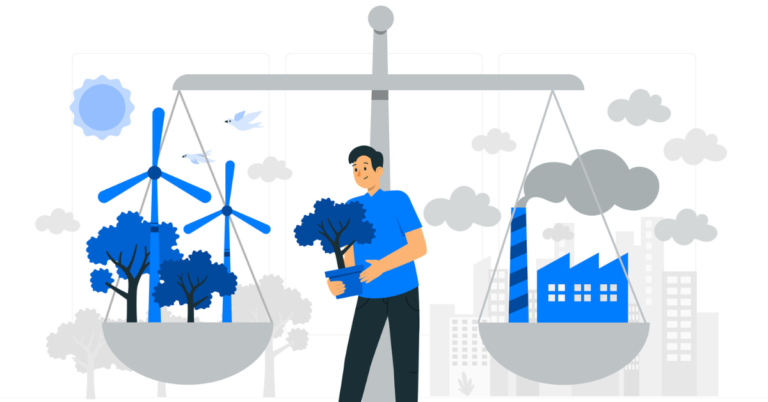
Explore the concept of carbon credits and their role in mitigating climate change. Understand how these credits incentivize emission reduction efforts and contribute to a more sustainable future. Discover their significance in promoting environmental action and cleaner technologies.
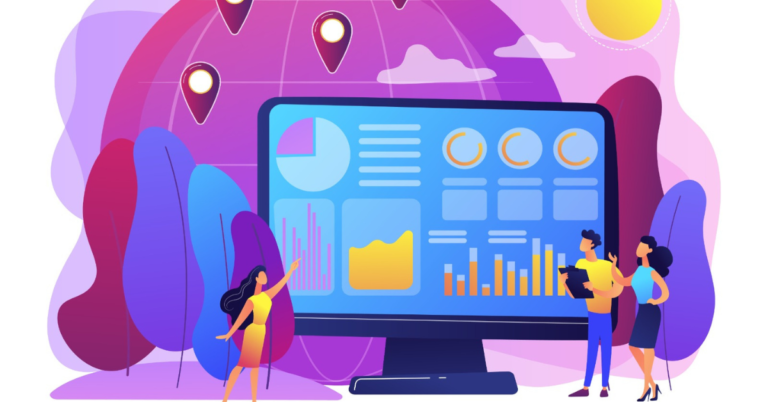
Explore the future of sustainability with Digital MRV Systems. Dive into the world of advanced monitoring, efficiency, and tech-driven solutions for emission reduction projects. Discover how digital innovation is reshaping the landscape of carbon offset initiatives.
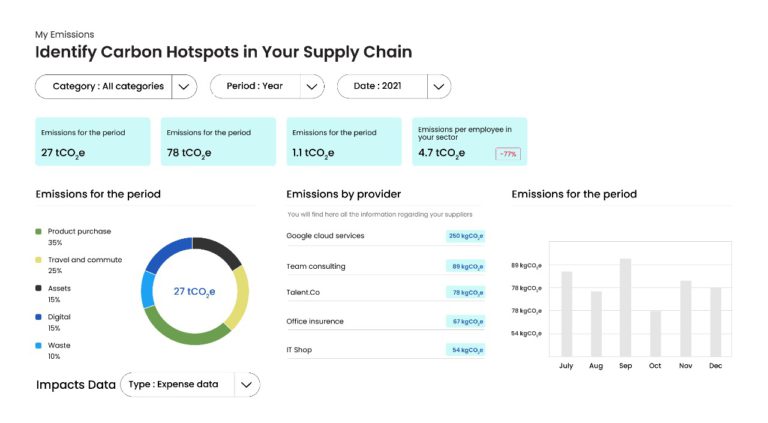
As this climate crisis worsens, companies are pressurized by investors, regulators and customers to improve their sustainability and report their GHG emissions. Businesses need the best accountability and sustainability platform to manage the carbon accounting, reduction in emissions, managing and reporting in their sustainability strategy. Look into the 8 must haves of the right Carbon Accounting software for your organization.
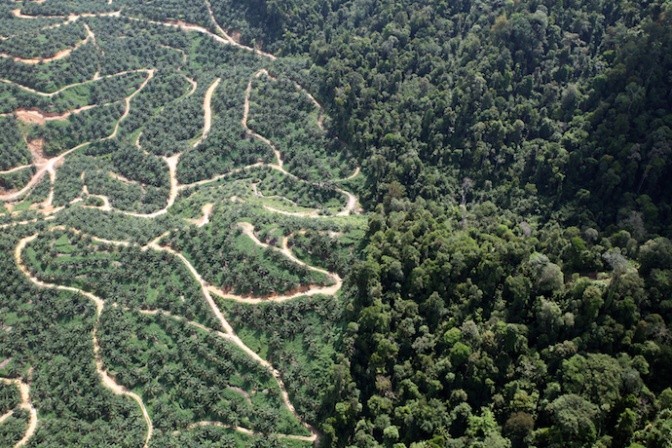
COP27 offers a unique opportunity to world leaders to build pathways for a resilient and a sustainable agenda, keeping climate change at the forefront. We need to meet the demand of the growing population by protecting both the people and planet. Actions towards GHG mitigation from land, food and agriculture helps to preserve biodiversity and the natural resources.
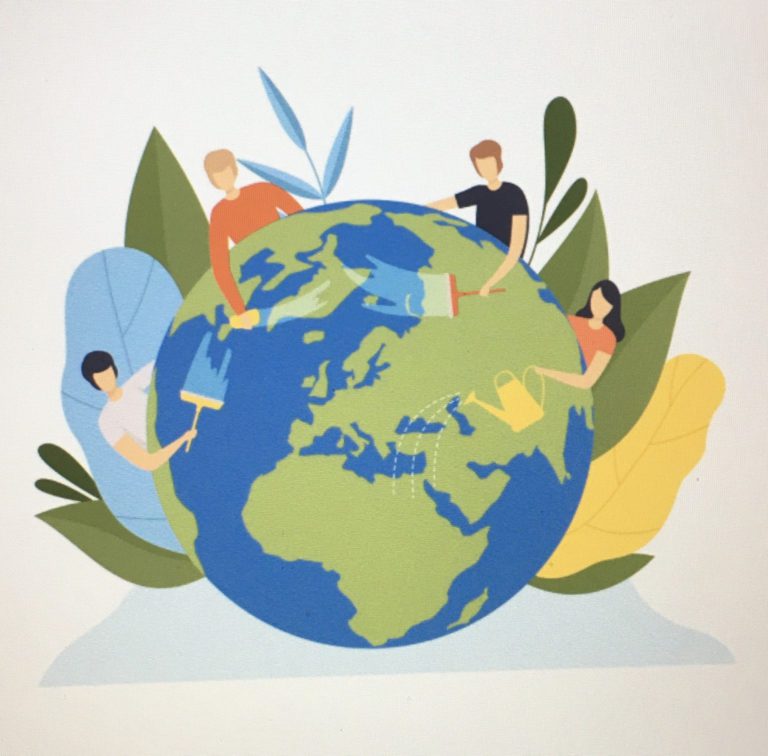
Food and agriculture are not only the biggest contributors to climate change and biodiversity losses but also are under pressure to increase production. Climate change is real and a threat to society. Companies need to alter their business models to be relevant in a low carbon future and seize the opportunities that come in way. Supply chain decarbonization will be a game changer for corporate climate action.
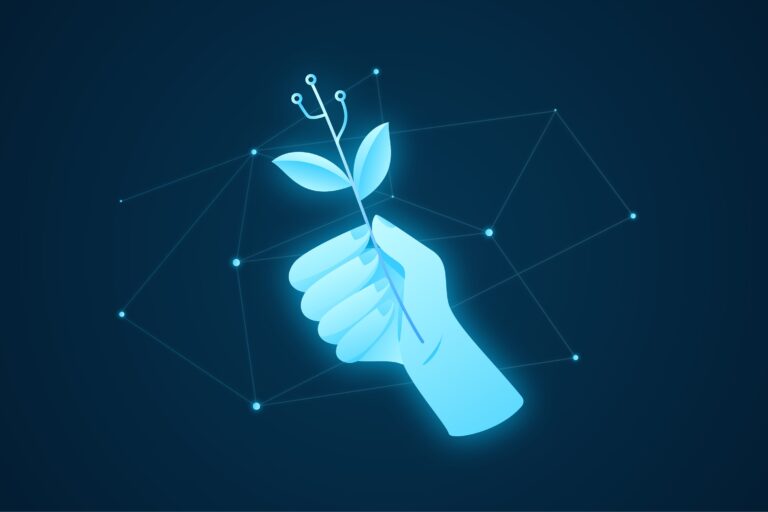
Discover how blockchain technology is revolutionizing sustainability, driving transparency, compliance, and trust in green initiatives for a more sustainable future.
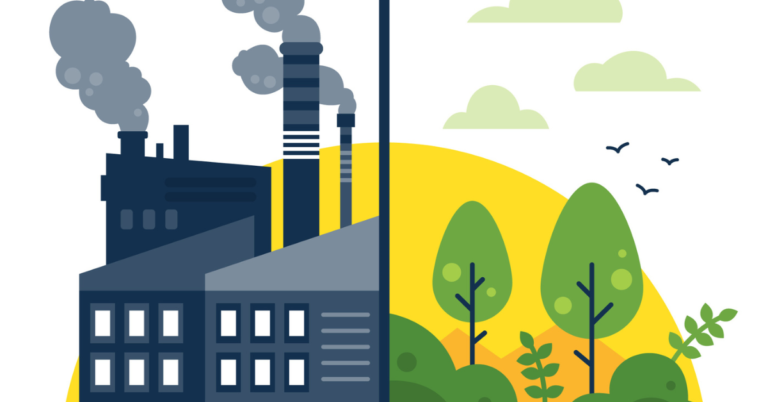
Discover how carbon farming is revolutionizing agriculture’s response to climate change. Explore innovative practices, success stories, and the transformative potential of integrating carbon farming into agricultural systems. Join the movement towards a more sustainable future.

Discover how Non-Pesticidal Management (NPM) promotes sustainable agriculture by reducing chemical pesticide use, enhancing biodiversity, and ensuring safer food systems for a healthier future.
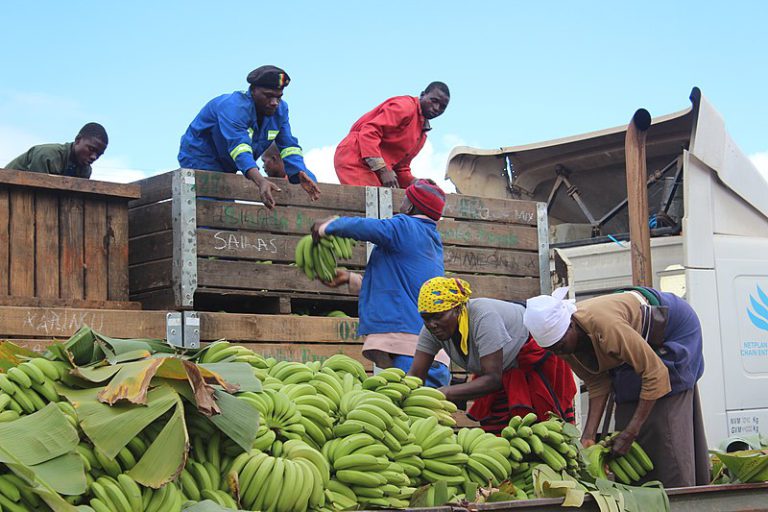
Bananas are one of the most favorite, popular and cheapest fruits in the world. The banana supply chain is fragmented and needs to conform to quality standards for the export market. The demand for consumer food safety, provenance, validation of certifications and transparency in the supply chain has triggered the need for traceability solutions in the banana supply chain
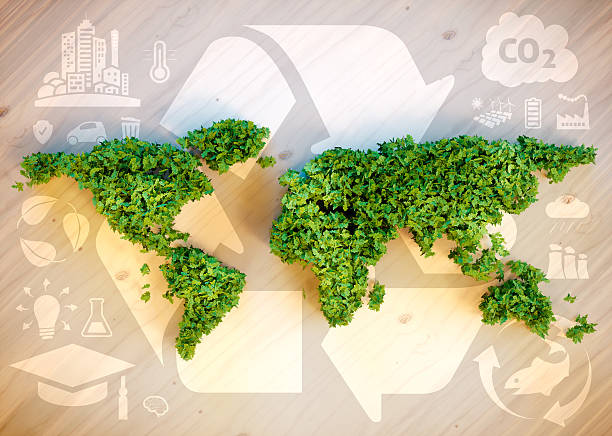
Sustainable food systems depend on farming, waste management, and supply systems. A sustainable food system delivers economically viable and socially beneficial food security to all. Blockchain technology provides a verifiable record as to who buys what from whom and this transparency helps consumers to adopt sustainable lifestyles.
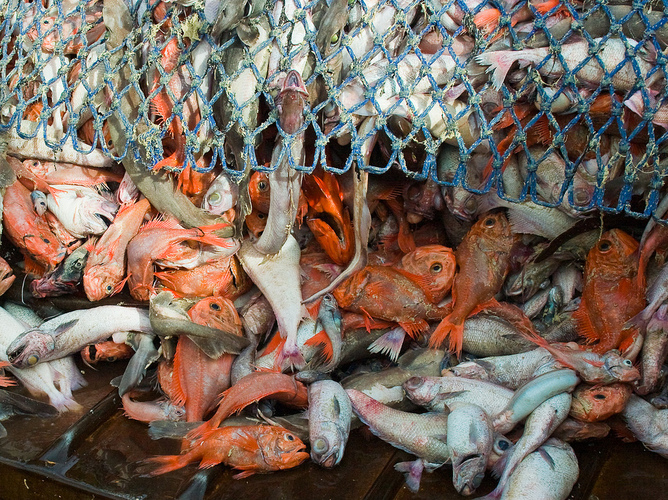
In the seafood industry, traceability is important for food safety, to authenticate sourcing claims, and to verify sustainability. Tracing the fish from the bait to the plate, capturing information, and tracking movement at each stage in the supply chain is vital in the global seafood industry.
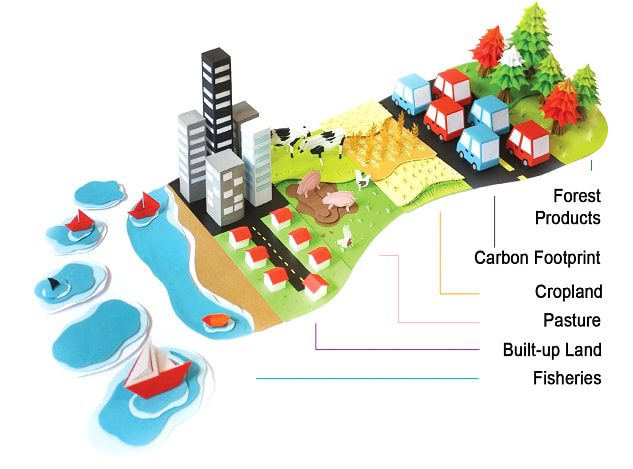
Discover how blockchain technology enhances carbon traceability, ensuring transparent, accurate, and tamper-proof carbon emission reporting for agribusinesses and carbon project developers.
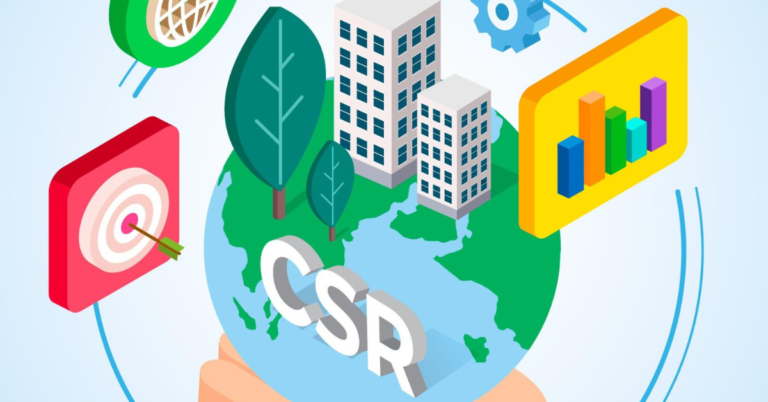
Unlock the power of supply chain sustainability and discover why it has become a norm for organizations. Explore the key strategies, benefits, and best practices to build a sustainable supply chain. Enhance your environmental and social performance while driving business growth. Read our blog to learn more about achieving supply chain sustainability.
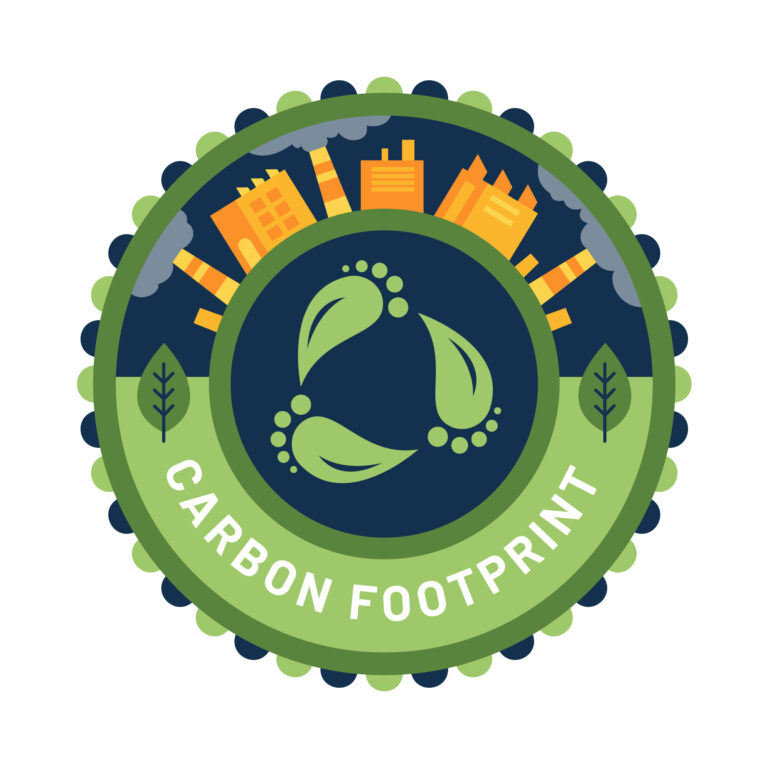
Learn how data management with blockchain technology can help reduce carbon footprints effectively. Explore the significance, challenges, and benefits of using TraceX DMRV solutions for carbon footprint reduction.
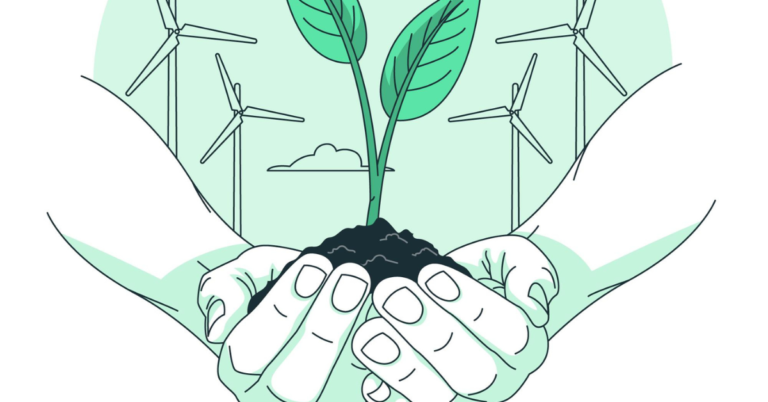
Discover the transformative power of sustainable agriculture in building future-proof brands. Learn how sustainable practices, traceability solutions, and a commitment to environmental stewardship can drive growth, enhance brand reputation, and create a more resilient food system. Explore the opportunities for innovation, sustainability, and profitability in agriculture as we shape a brighter future for both businesses and the planet
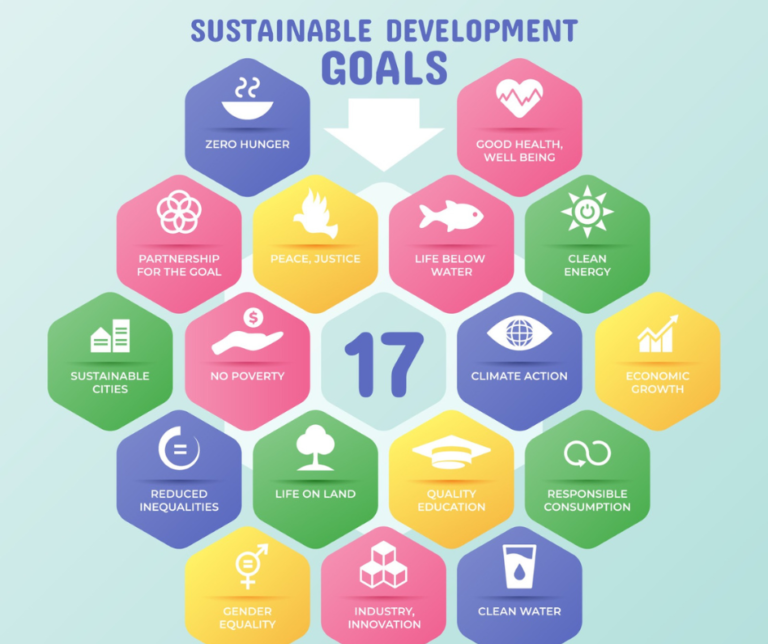
Business leaders have understood that sustainability is an investment. As part of the efforts to strengthen companies’ corporate responsibility in different industries, the Global Corporate Sustainability Index rates their adherence to Environmental, Social and Corporate Governance (ESG). . Businesses need to embed sustainability in all parts of their organization and translate it into their brands.
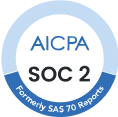


WhatsApp us